In this article, we will discuss a number of common and important SQL Server Audit questions that you may be asked during the SQL Server database administrator interview. I advise you to check them out and get ready for the interview.
Read more »



In this article, we will discuss a number of common and important SQL Server Audit questions that you may be asked during the SQL Server database administrator interview. I advise you to check them out and get ready for the interview.
Read more »

In this article, we will discuss a few very common questions that you may be asked during a SQL Server administrator or developer technical job interview.
Read more »
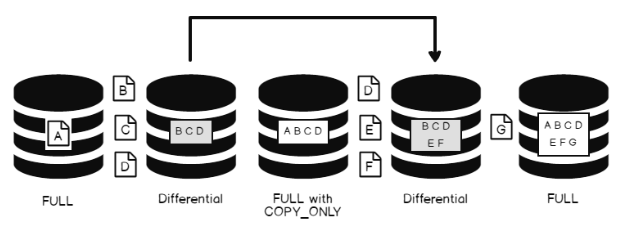
So far, we’ve discussed a lot about database backup-and-restore process. The backup database command is an online database copy of the SQL Server database and restore database command gives an option to test the consistency and integrity of the backup file.
As we all know, the backup database command bound with many database options. Indeed, it facilitates the execution of specific backup database command that meets the business requirement.
Read more »
In data science, you analyze datasets. Datasets consists of cases, which are the entities you analyze. Cases are described by their variables, which represent the attributes of the entities. The first important question you need to answer when you start a data science project is what exactly is your case. Is this a person, a family, an order? Then you collect all of the knowledge about each case you can get and store this information in the variables.
Read more »
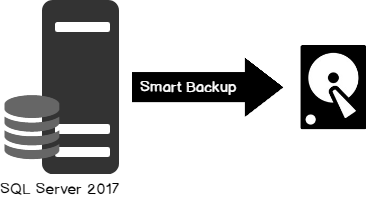
In this article, we’ll see the how the backup-and-restore meta-data tables store the information in the MSDB database. Also, discuss several T-SQL statements to derive most useful information with reference to data purge, database growth, backup report, restore history and more.
Read more »
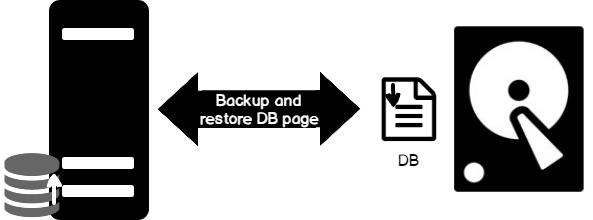
So far, we’ve discussed a lot about database backup commands. In this article, we’ll discuss more on database restore or database recovery processes. When you initiate a restore process, it undergoes a series of internal stages to restore or recover the data to the specific point of time.
Read more »
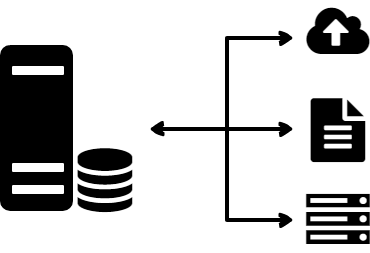
In this article, we’ll walk through, some of the refined list of SQL Server backup-and-restore, (or recovery) interview Q&A. Also, it includes the high-level overview and links of the “stairway to backup-and-restore series” articles for detailed information. As you read through the lists of Q&A, you’ll learn most of the features and concepts of Backup-and-Restore operations.
Read more »
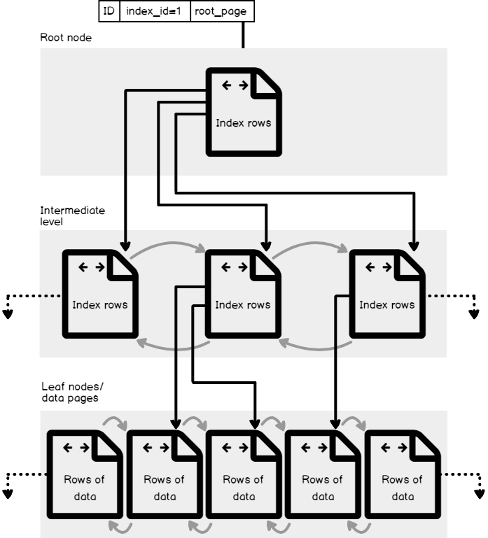
A Heap table is a table in which, the data rows are not stored in any particular order within each data page. In addition, there is no particular order to control the data page sequence, that is not linked in a linked list. This is due to the fact that the heap table contains no clustered index.
Read more »


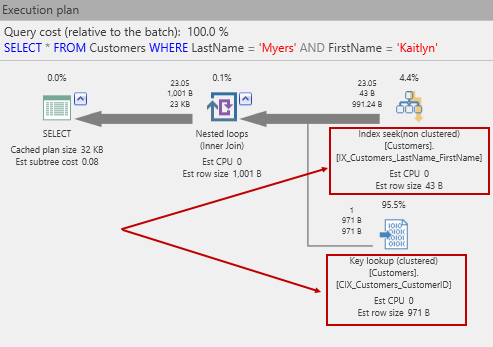
Without a doubt, few technologies in SQL Server cause as much confusion and the spread of misinformation as indexes. This article looks at some of the most asked questions and a few that should be asked but often are not. We’ll be using SQL Server 2016 for the examples and a tool, for SQL Server query execution plan analysis, ApexSQL Plan, to explore the effects of indexes on a typical business problem: A table of customers.
Read more »© Quest Software Inc. ALL RIGHTS RESERVED. | GDPR | Terms of Use | Privacy